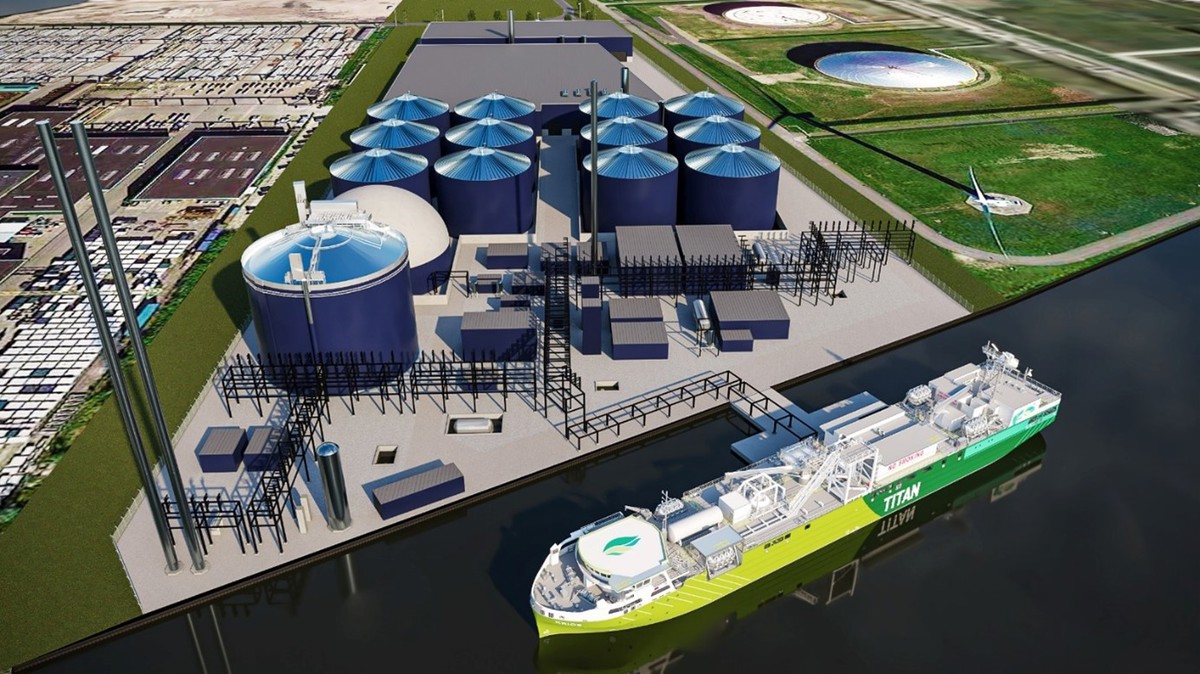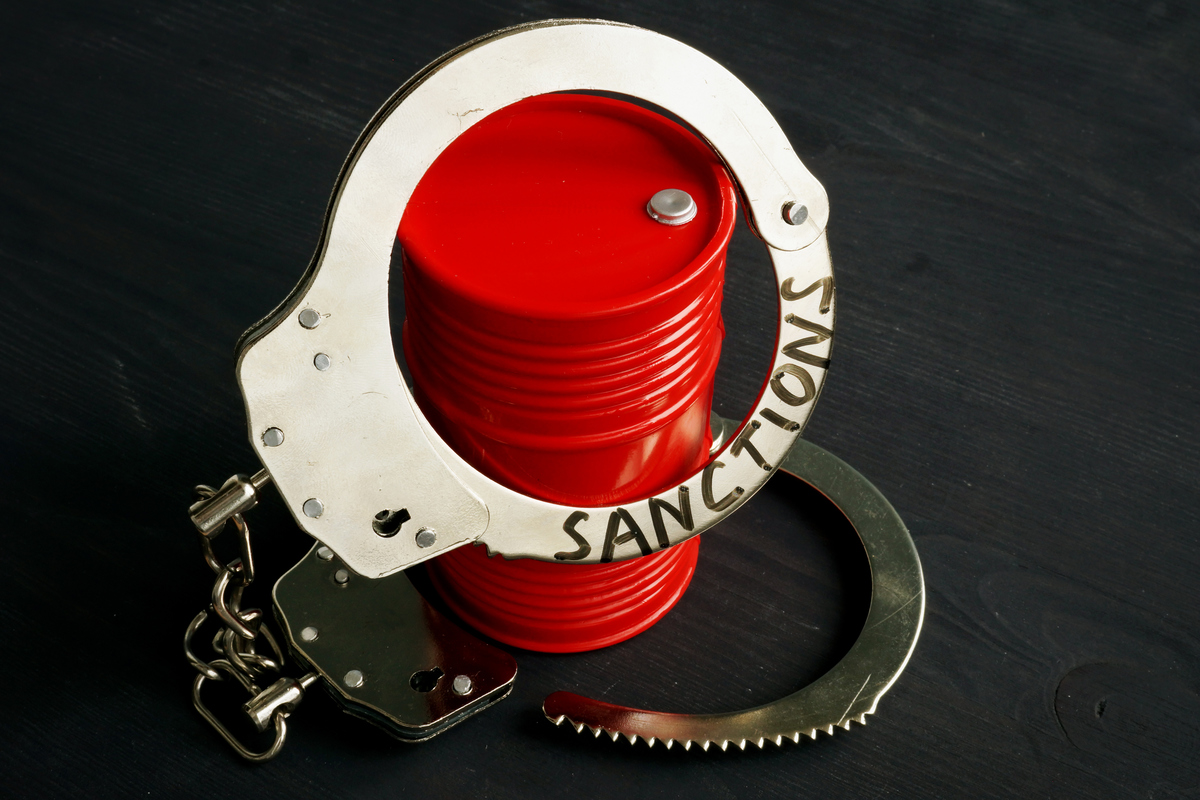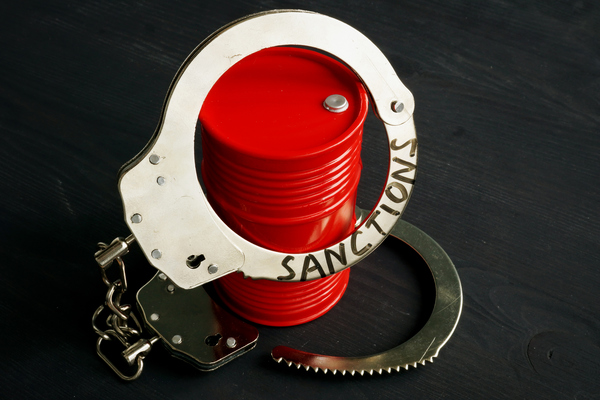The Netherlands should allow mass-balancing of green methane – Titan
Dutch authorities should include mass-balancing in their implementation of the EU’s Renewable Energy Directive (RED III), fuel supplier Titan Clean Fuels said in a joint letter.
 IMAGE: Illustration of Titan's biomethane liquefication plant in the Port of Amsterdam. Amsterdam Port Authority
IMAGE: Illustration of Titan's biomethane liquefication plant in the Port of Amsterdam. Amsterdam Port Authority
Titan and a group of companies, including Hapag-Lloyd, Port of Rotterdam and Van Oord, have urged policymakers to allow mass-balancing of liquefied biomethane (LBM) and synthetic LNG (e-LNG) via the terminal route.
Mass-balancing is an accounting method used to track the share of renewable feedstock in a mixed gas supply chain and to ensure that sustainability claims accurately reflect the actual biogenic input.
The terminal route of importing green methane molecules via the EU grid and liquefying the gas at LNG terminals offers a cost-efficient, verifiable and scalable pathway to deliver LBM and e-methane for shipping and other sectors, the companies argued.
Germany and Belgium already allow this approach, but the Netherlands intends to block it in its RED III implementation, Titan said. This could risk undermining supply security and deter investments.
“Without the terminal route, the Netherlands will lose supply security, price advantages, and its role as a sustainable fuel hub, existing and planned investments in biomethane will disappear [and] practical progress towards the 2030 emissions target (-55% CO₂) will be jeopardised,” Titan noted.
Titan has repeatedly stressed that mass balancing is critical to reach scale. “… biogas plants are scattered across Europe and most of them are located away from water. Physical liquefication requires trucks to transport wet biomass to coastal digesters where it can be liquefied. The transportation and delivery of feedstocks with high water content by truck for 100 kilometres or more is really expensive and not so environmentally friendly,” Titan’s renewable fuels director, Caspar Gooren told ENGINE last year.
Transferring gas through the EU grid and liquefying it at existing terminals is the "cheapest and least carbon-intensive way to get biomolecules to ports," he said.
Rotterdam’s HBE-rebated LBM is currently priced at $1,357/mt, a $642/mt premium over its LNG, without factoring in EU ETS and FuelEU Maritime compliance benefits in the EU.
By Konica Bhatt
Please get in touch with comments or additional info to news@engine.online






